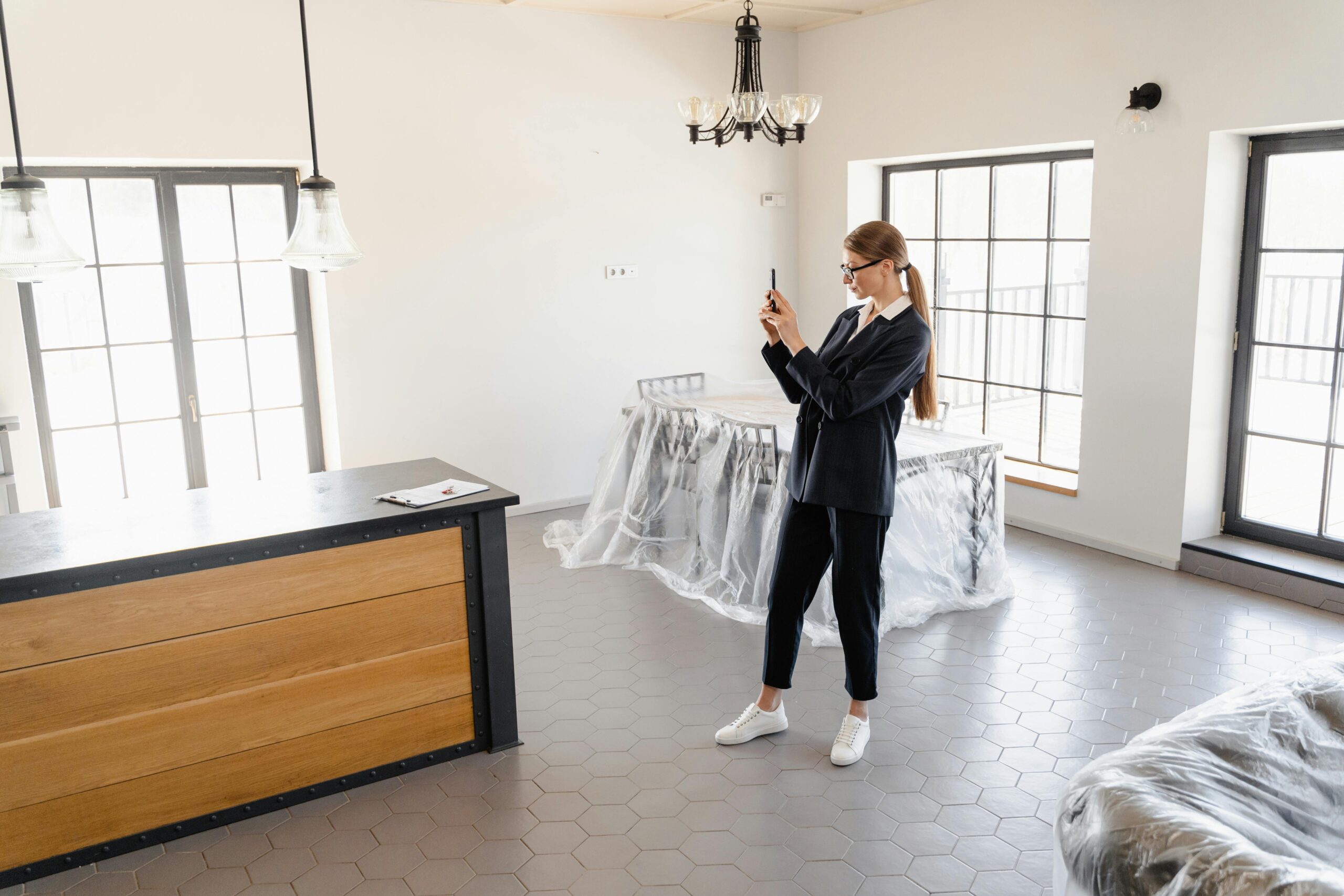Becoming an expert luxury real estate agent requires you to master a blend of psychological insight, strategic communication, and disciplined execution. In the competitive world of real estate, closing deals is not just about finalizing contracts—it’s about guiding clients through a complex decision-making process with confidence and clarity.
As a top-performing agent, you distinguish yourself from the rest by anticipating objections, building trust, and using proven techniques to move prospects toward a “yes.” By combining preparation, emotional intelligence, and data-driven strategies, you can consistently close more deals and build a reputation for reliability and excellence. My full guide outlines the essential skills and techniques to become an expert closer in 2025 and beyond.
1. Master Key Closing Techniques
As an expert closer agent, you must rely on a toolkit of proven techniques tailored to different buyer personalities and situations. The assumptive close is one of the most powerful, where you proceed as if the sale is already agreed upon, asking questions like “When would you like to schedule your move-in date?” rather than “Are you ready to buy?”
This technique builds momentum and reduces hesitation by framing the decision as inevitable. Another effective method is the choice close, which presents two favorable options—such as “Would you prefer to close this Friday or next Monday?”—giving the buyer a sense of control while still moving the deal forward. For buyers who need time to decide, the sleep on it approach allows them space to reflect, followed by a strategic follow-up to address concerns and re-engage interest. The ticking clock method introduces urgency by highlighting time-sensitive factors like rising interest rates or competing offers, prompting quicker decisions. Each technique should be applied with confidence and empathy, ensuring the buyer feels supported rather than pressured.
2. Build Trust Through Communication
Trust is the foundation of every successful real estate transaction. As an expert closer agent, you must prioritize transparent communication, keeping clients informed at every stage—from initial inquiry to closing day. Regular updates, clear explanations of documents, and proactive responses to questions reinforce professionalism and reliability.
Active listening is equally critical; by paying close attention to verbal and nonverbal cues, you can identify underlying concerns and address them before they become obstacles. For example, a hesitant buyer may express uncertainty about financing, which you can resolve by coordinating with lenders or suggesting alternative payment structures. Additionally, win-win negotiation techniques help maintain positive relationships between you and buyers, ensuring you both feel satisfied with the outcome. By focusing on collaboration rather than confrontation, you create an environment where deals are more likely to close smoothly.
3. Prepare Thoroughly and Anticipate Challenges
Preparation is a hallmark of expert closer agents. Before entering negotiations, you must ensure that all documents—including purchase agreements, disclosures, and loan paperwork—are accurate and complete. You must also coordinate with key stakeholders such as lenders, title companies, and inspectors to prevent last-minute delays. A well-organized timeline for inspections, appraisals, and closing dates helps manage client expectations and reduces their stress.
As a proactive agent, you must also anticipate common challenges, such as financing issues or appraisal gaps, and have contingency plans ready. For instance, if a buyer’s loan is denied, you can quickly explore alternative lenders or suggest adjusting the offer terms. Similarly, if inspection findings raise concerns, you can negotiate repair credits or price reductions to keep the deal on track. By staying ahead of potential roadblocks, you will maintain control of the process and instill confidence in your clients.
4. Leverage Data and Technology
In 2025, top-performing agents use data and technology to enhance their closing success. Behavioral data interpretation allows you to understand your client preferences based on their online activity, such as which listings they view most frequently or how long they spend on certain pages. This insight enables personalized property recommendations and targeted follow-ups.
AI-powered tools can generate leads, draft communications, and even predict your buyers’ readiness, allowing you to focus on high-value interactions. Customer relationship management (CRM) systems help track client interactions, schedule follow-ups, and automate reminders, ensuring no opportunity is overlooked. Additionally, virtual tours and digital document signing streamline the buying process, especially for out-of-town or international clients. By integrating these technologies, you improve efficiency, responsiveness, and client satisfaction.
5. Cultivate a Strong Personal Brand
An expert closer agent’s success is also tied to their personal brand. Clients are more likely to trust and work with agents who project confidence, expertise, and authenticity. A strong brand includes your professional online presence, consistent messaging, and high-quality content that showcases market knowledge and client success stories.
If you position yourself as a trusted advisor rather than just a salesperson, you build deeper relationships and generate more referrals. Sharing educational content—such as market updates, home-buying tips, or neighborhood guides—demonstrates value beyond the transaction. Additionally, client testimonials and case studies provide social proof of an agent’s closing ability, reinforcing credibility. By consistently delivering exceptional service and maintaining visibility, expert closer agents create a self-sustaining pipeline of qualified leads.
6. Finalize with Confidence and Follow Up
The closing day is not the end of the relationship—it’s the beginning of long-term client engagement. As an expert closer agent, you must ensure a smooth finalization by reviewing all documents with clients in plain language, confirming signatures, and coordinating with all parties involved. You should celebrate the milestone with your clients to reinforce the emotional satisfaction of the purchase. After closing, you must follow up with thank-you messages, request referrals, and stay in touch through newsletters or social media. This ongoing connection increases the likelihood of repeat business and word-of-mouth recommendations. By treating every closing as both an achievement and an opportunity for future growth, you build a sustainable, high-performing real estate career. For more tips and tricks, visit Selling Million Dollar Homes



